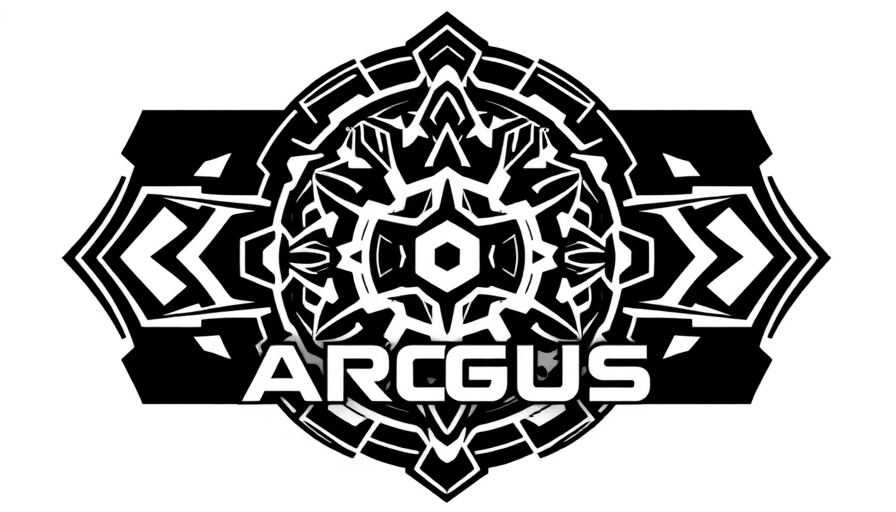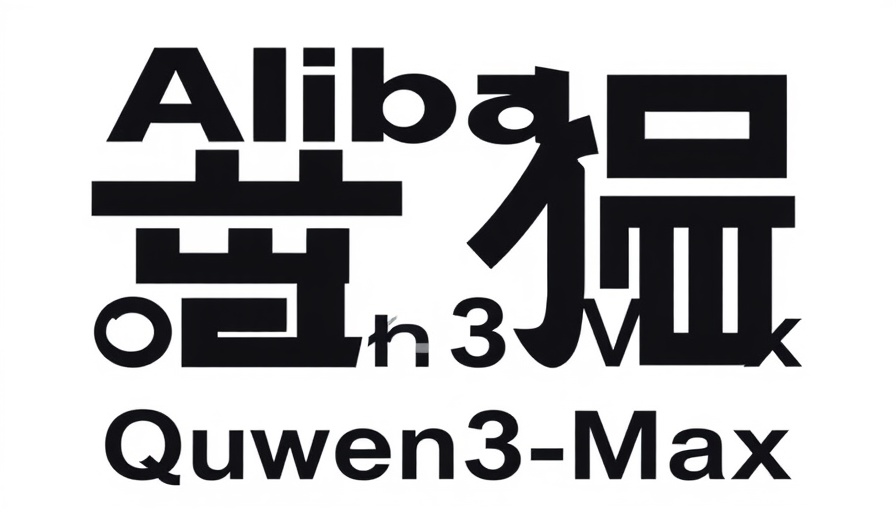
Is the Indian AI Startup Ecosystem on the Brink of Collapse?
Artificial Intelligence (AI) has transitioned from a mere concept to an overwhelming necessity across various industries. By 2030, the global AI market is projected to be valued at over $1.8 trillion, catalyzed by innovations like generative AI models, including the widely popular ChatGPT. But while these developments herald immense opportunity, Indian AI startups face an uphill battle.
The Global AI Race: Who Holds the Reins?
Heavyweights like Google, Microsoft, and OpenAI have solidified their positions as leaders, making it increasingly daunting for emerging businesses to make their mark. The landscape is rife with challenges, particularly as established companies enjoy the benefits of brand recognition, extensive resources, and advanced technology, creating a sense of gatekeeping that stifles new entrants.
The Rise of Indian AI Startups: Promise Meets Reality
Once heralded as the next big frontier in AI innovation, Indian startups have captured global interest. They have been instrumental in creating localized solutions in sectors such as healthcare and finance. However, the harsh reality is that many struggle to secure funding and market traction against established giants.
A Sudden Price Drop: Implications for the Indian Market
Recent actions by U.S.-based tech giants to reduce their service prices in India have cast a shadow over local AI firms. Such strategic moves jeopardize the viability of smaller companies already navigating a challenging landscape. Without the ability to compete on price, these startups may find it impossible to survive.
Lessons Learned: The Builder.ai Saga
The story of Builder.ai offers a stark warning for other Indian startups. While it once charted a successful path through the AI ecosystem, recent challenges highlight how volatility in consumer demands and market saturation can complicate growth narratives. Startups must glean insights from these experiences to avoid similar pitfalls.
Rebirth or Final Nail in the Coffin?
Looking ahead, some industry analysts speculate that this turbulent phase might serve as a catalyst for transformation rather than a death knell. Startups could leverage niche markets and innovative solutions to redefine their value propositions. The focus may shift toward collaboration and partnership rather than direct competition, fostering a more resilient startup culture.
Decisions Small Businesses Can Make Today
For small and medium businesses eyeing the AI revolution, the lesson is clear: adapt or risk being left behind. Companies can forge alliances with startups to integrate AI technologies that suit their unique needs, enabling them to remain competitive in an evolving marketplace. Moreover, prioritizing investment in AI education and resources is crucial for staying abreast of industry trends.
Conclusion: Take Action Now
As the landscape becomes increasingly complex, it is imperative for small and medium-sized businesses to understand these dynamics and act accordingly. Embrace collaboration and innovation as pillars of growth and navigate the rapidly changing world of AI with strategic foresight.
 Add Row
Add Row  Add
Add 



Write A Comment